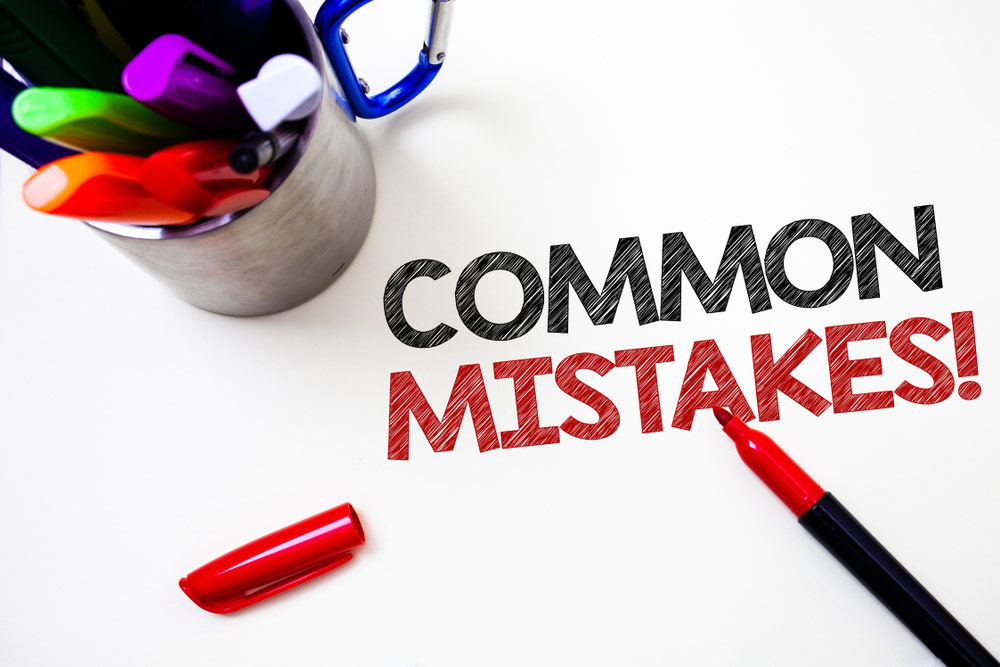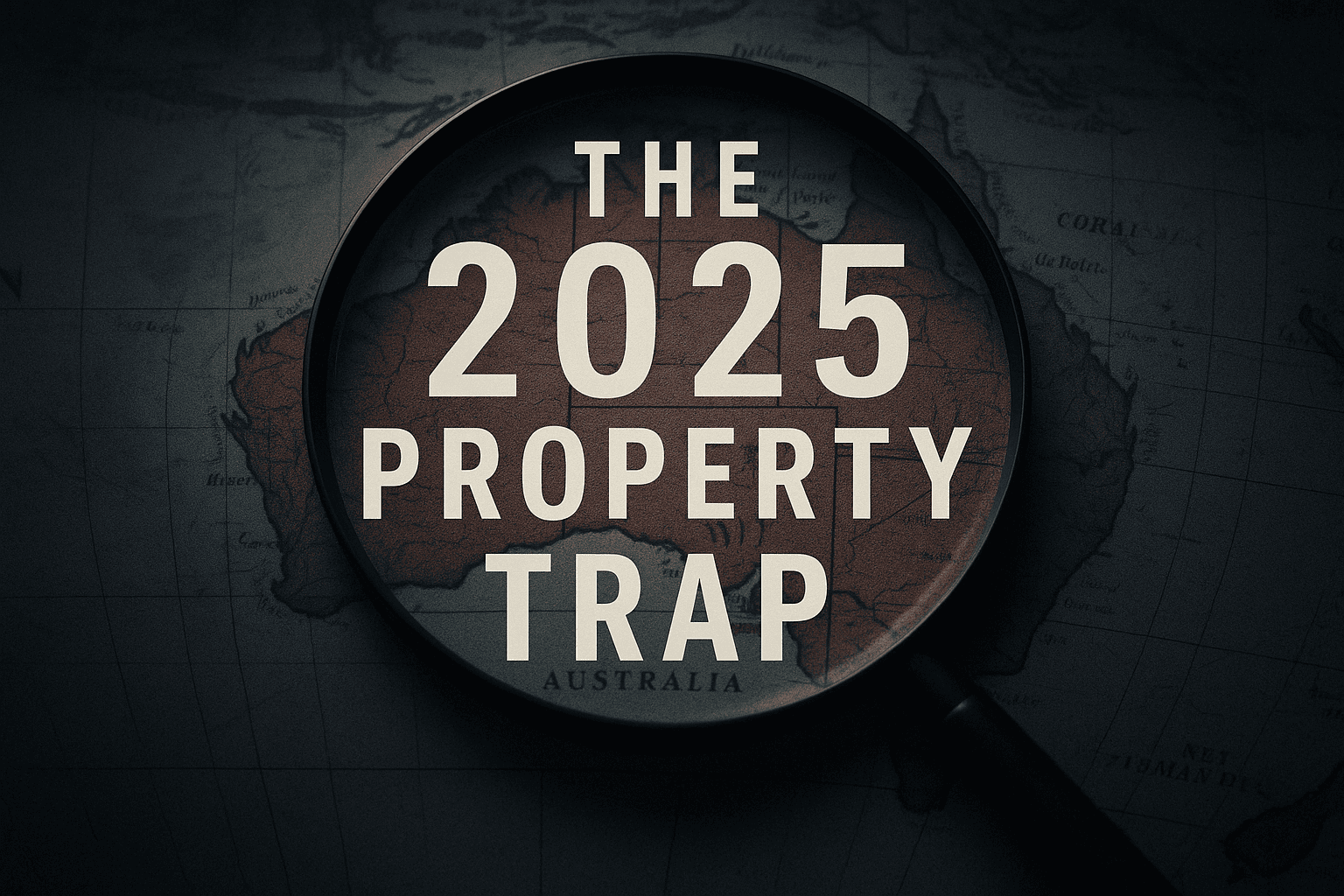The ATO’s Top 10 Tips to Help Rental Property Owners Avoid Common Tax Mistakes

The ATO has recently published an article with some great tips on helping rental property owners avoid common tax mistakes.
1. Keeping the right records
You must have evidence of your income and expenses so you can claim everything you are entitled to. Capital gains tax may apply when you sell your rental property. So keep records over the period you own the property and for five years from the date you sell the property.
2. Make sure your property is genuinely available for rent
Your property must be genuinely available for rent to claim a tax deduction. This means that you must be able to show a clear intention to rent the property. Advertise the property so that someone is likely to rent it and set the rent in line with similar properties in the area. Avoid unreasonable rental conditions.
3. Getting initial repairs and capital improvements right
You can’t claim initial repairs or improvements as an immediate deduction in the same income year you incurred the expense.
Repairs must relate directly to wear and tear or other damage that happened as a result of you renting out the property. Initial repairs for damage that existed when the property was purchased, such as replacing broken light fittings and repairing damaged floor boards are not immediately deductible. Instead these costs are used to work out your profit when you sell the property.
Ongoing repairs that relate directly to wear and tear or other damage that happened as a result of you renting out the property such as fixing the hot water system or part of a damaged roof are classed as a repair and can be claimed in full in the same income year you incurred the expense.
Replacing an entire structure like a roof when only part of it is damaged or renovating a bathroom is classified as an improvement and not immediately deductible. These are building costs which you can claim at 2.5% each year for 40 years from the date of completion.
If you completely replace a damaged item that is detachable from the house and it costs more than $300 (e.g. replacing the entire hot water system) the cost must be depreciated over a number of years.4. Claiming borrowing expenses
If your borrowing expenses are over $100, the deduction is spread over five years. If they are $100 or less, you can claim the full amount in the same income year you incurred the expense. Borrowing expenses include loan establishment fees, title search fees and costs of preparing and filing mortgage documents.
5. Claiming purchase costs
You can’t claim any deductions for the costs of buying your property. These include conveyancing fees and stamp duty (for properties outside of the ACT). If you sell your property, these costs are then used when working out whether you need to pay capital gains tax.
6. Claiming interest on your loan
You can claim interest as a deduction if you take out a loan for your rental property. If you use some of the loan money for personal use such as buying a boat or going on a holiday, you can’t claim the interest on that part of the loan. You can only claim the part of the interest that relates to the rental property.
7. Getting construction costs right
You can claim certain building costs, including extensions, alterations and structural improvements as capital works deductions. As a general rule, you can claim a capital works deduction at 2.5% of the construction cost for 40 years from the date the construction was completed. If the previous owner claimed a capital works deduction they are required to give you the information they used to calculate the costs so it always pays to ask them for this. If they didn’t use the property to produce assessable income you can obtain an estimate from a professional. If you use the services of a professional make sure they are qualified, use a reasonable basis for their valuation and exclude the cost of the land when working out construction costs.
8. Claiming the right portion of your expenses
If your rental property is rented out to family or friends below market rate, you can only claim a deduction for that period up to the amount of rent you received. You can’t claim deductions when your family or friends stay free of charge, or for periods of personal use.
9. Co-owning a property
If you own a rental property with someone else, you must declare rental income and claim expenses according to your legal ownership of the property. As joint tenants your legal interest will be an equal split, and as tenants in common you may have different ownership interests.
10. Getting your capital gains right when selling
When you sell your rental property, you will make either a capital gain or a capital loss. This is the difference between what it cost you to buy and improve the property, and what you receive when you sell it. If you make a capital gain, you will need to include the gain in your tax return for that financial year. If you make a capital loss, you can carry the loss forward and deduct it from capital gains in later years.
This article was written by the ATO and posted on their website here.
Click here to like us on Facebook and see more updates like this.
Hey there, do you enjoy the Positive Real Estate Blog? If you did, why don’t you book into a Property Information Night in your area and get more information from our team. You can do so here.
Also, if you can not wait, click here to access the Property Mini Course and signup for our email newsletter. This FREE 2 hours video series gives you some of the top tips from our team that you can use right now. Thanks.

Take the Next Step
The 2025 Property Trap: 5 Warning Signs Every Australian Investor Must Know
In 2025, Australia’s property market is filled with hype, confusion, and hidden risks. Before you buy, learn the 5 most common traps that can derail your investment goals—and how to avoid them like a pro.
Building a $100k Passive Income Stream Through Property: The ‘Property Stacking’ Method Explained
Discover how to build a $100K passive income stream through property using the proven Property Stacking Method. Learn the three core principles smart Australian investors are using to scale their portfolios faster — without financial stress.
Investment Property Financing – Comprehensive Guide 2023
You won’t get very far as an investor without...






